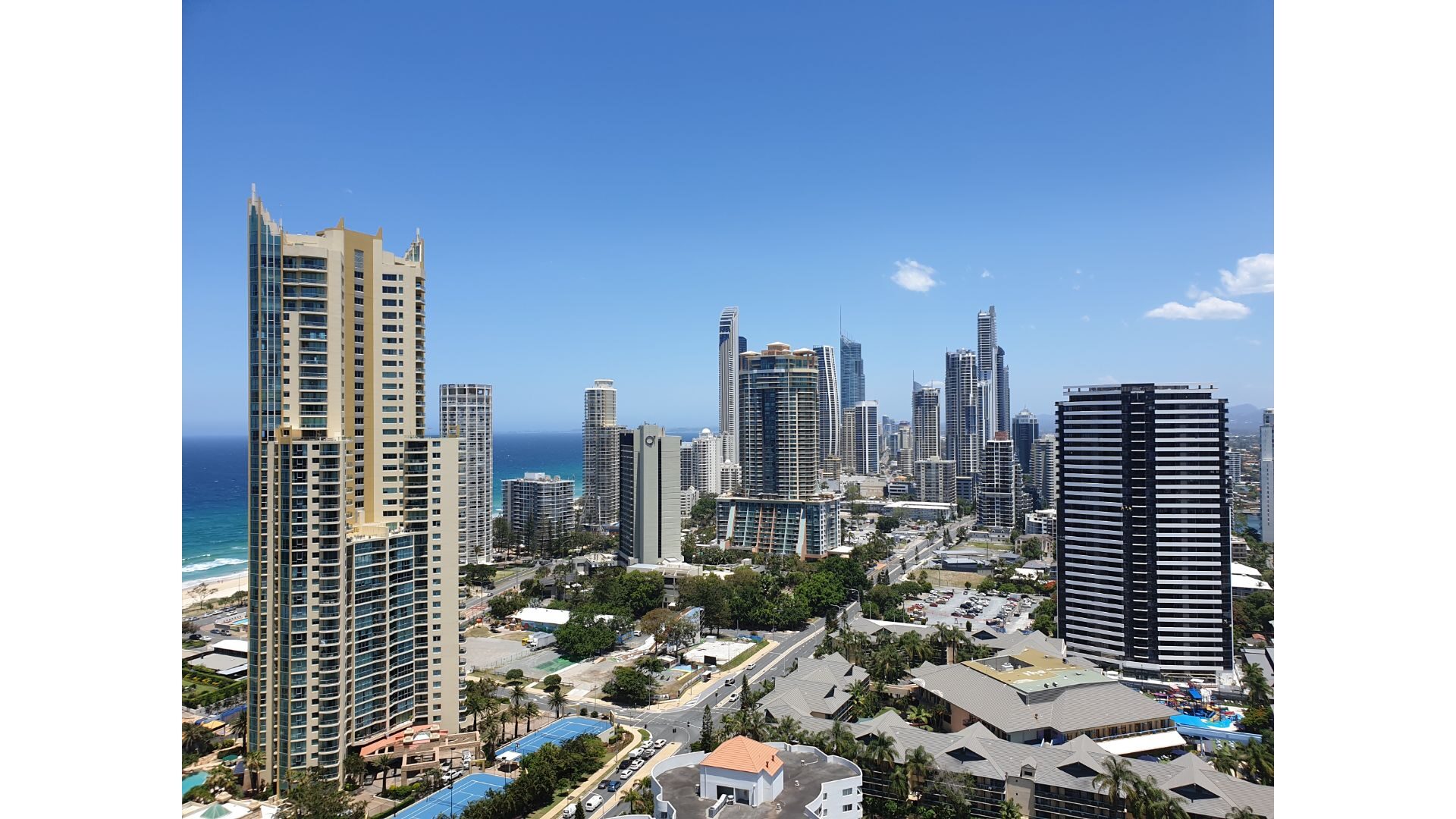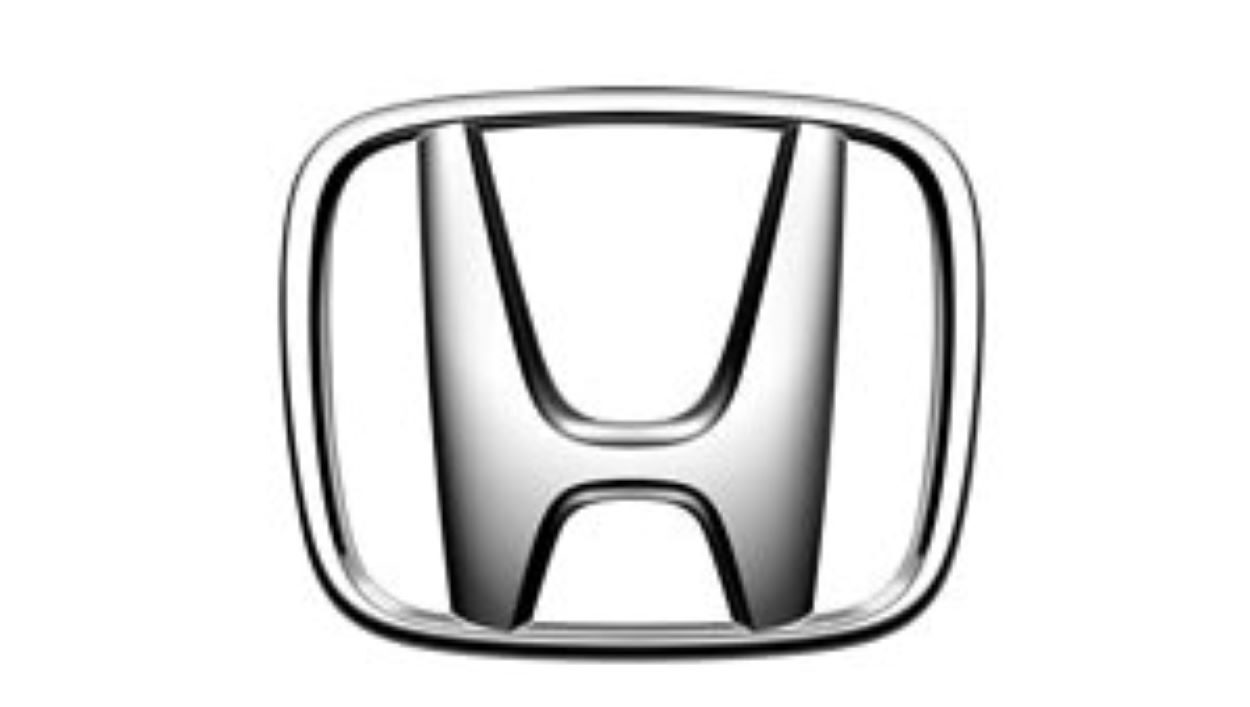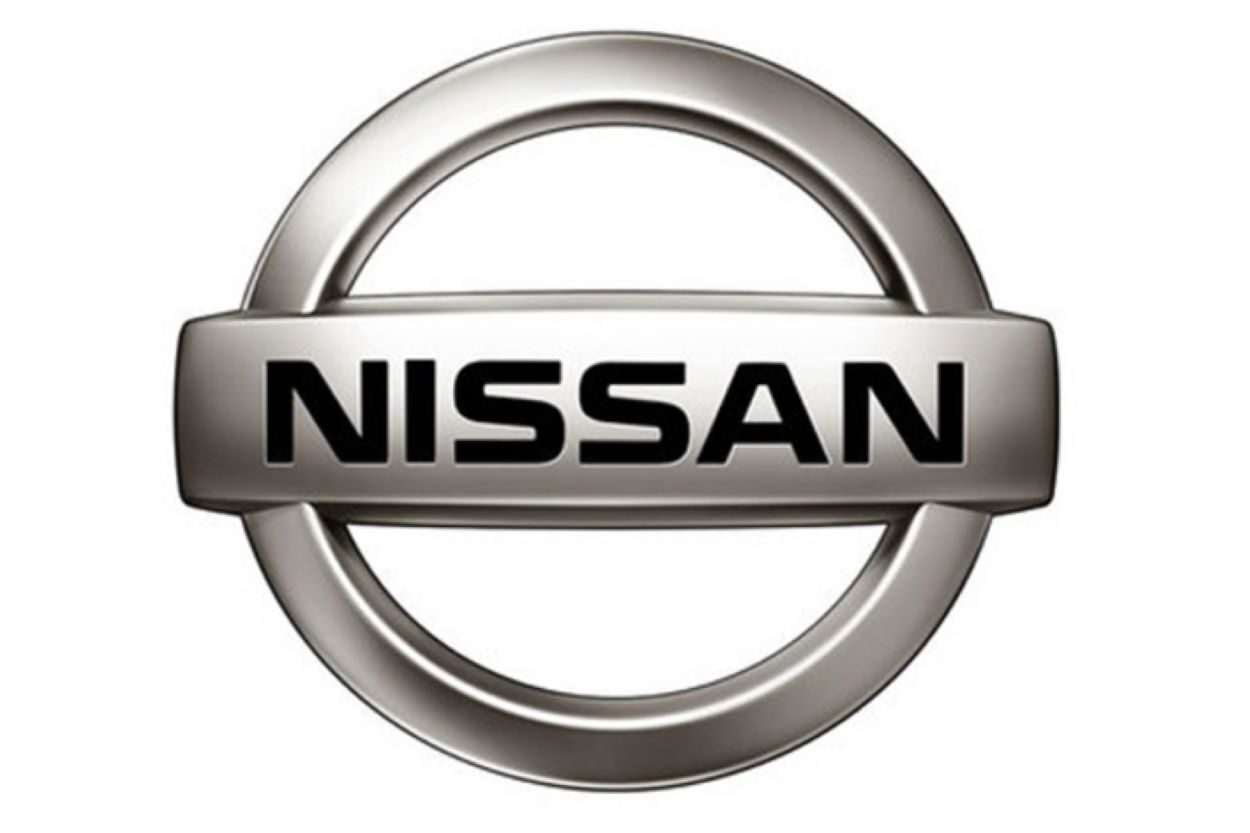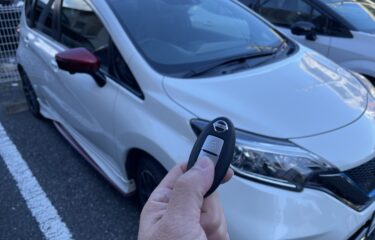- Japanese Used Car
- Blog
Battery Basics: Choosing the Right Japanese Hybrid Car in Sydney

The reasons people in Sydney opt for used Japanese hybrid cars are their environmental efficiency, economy, and reliability. Japanese hybrid cars, developed using world-leading technology, especially by manufacturers like Toyota, Honda, and Nissan, offer high-quality models with excellent fuel efficiency. These vehicles are ideal for driving in major cities like Sydney, where low fuel consumption during traffic jams and long-term reliability are highly valued.
Moreover, driving these cars on Australia’s vast natural landscapes contributes to environmental protection by reducing emissions. Used Japanese hybrid cars that have passed Japan’s strict vehicle inspection standards meet high-quality criteria, ensuring they can be driven with confidence in Sydney for a long time. Flagship models from various manufacturers, such as Toyota’s Prius, Honda’s Insight, and Nissan’s Note, Serena, X-Trail with e-POWER, and the EV Leaf, continue to evolve with technological advancements and remain highly popular in the used car market.
In Sydney, the number of dealers and importers specialising in Japanese hybrid cars is increasing, along with support structures for post-purchase. However, it is crucial to check whether the imported used car complies with Australian road conditions and laws, and the condition of the drive battery is in good shape. When considering a purchase, it’s recommended to check the vehicle’s history, maintenance records, and battery health, and buy from a reputable dealer. Roundabout Australia specialises in selling Japanese hybrids, ensuring the drive batteries are verified for health before shipping.

Lithium-Ion batteries
Battery Characteristics by Manufacturer
Each car manufacturer utilises different types of batteries for their hybrid vehicles, presenting specific technologies used predominantly by notable manufacturers. However, it is important to note that manufacturers may employ various battery technologies, and new models or specific vehicle types might use different technologies. The information provided is based on general trends, so for the latest information or details on specific models, refer to the official manufacturer’s data.
Toyota
Uses both Nickel-Metal Hydride (NiMH) and Lithium-Ion (Li-ion) batteries.
Early models like the Prius widely used NiMH batteries, but newer and high-performance models have shifted to the higher energy density Li-ion batteries.
Honda
Previously used NiMH batteries, but recent models have increasingly adopted Li-ion batteries.
The hybrid system “IMA” features both types of battery technologies, but Li-ion batteries are primarily used in the new generation of vehicles.
Nissan
Employs Lithium-Ion batteries in their hybrid vehicles.
Nissan’s electric vehicle (EV), the Leaf, also uses Li-ion batteries, demonstrating the company’s application of this technology in their hybrid systems.
Features of Hybrid Cars by Manufacturer

Toyota
Popular Model Types:
Toyota is known as a pioneer in hybrid car technology, offering a wide range of models including the Prius, Aqua (known as Prius c internationally), and Camry Hybrid.
Pros and Cons:
Pros: Toyota hybrid cars are known for their reliability and excellent fuel efficiency. Their widespread global adoption also makes parts easily accessible and maintenance convenient.
Cons: Battery replacement costs can be high for some models, and models with the latest technology may be priced higher.

Honda
Popular Models and Battery Types:
Honda offers models such as the Insight, Fit Hybrid, and CR-Z, utilising their proprietary hybrid system “IMA”. These models mainly use Lithium-Ion batteries, known for efficient energy use and compact design.
Pros and Cons:
Pros: Honda’s hybrid cars are lightweight and compact, ideal for city driving. They also offer models that emphasise the joy of driving, allowing for a sporty driving experience even in a hybrid.
Cons: Fuel efficiency may slightly lag behind Toyota’s models, and the unique structure of the hybrid system may require specialized maintenance.

Nissan
Popular Models and Battery Types:
Nissan is actively developing hybrid technology and electric vehicles. Their hybrid lineup includes models like the Note e-POWER and Serena e-POWER, which utilise the unique e-POWER system. This system uses Lithium-Ion batteries, with the petrol engine serving solely as a generator.
Pros and Cons:
Pros: The e-POWER system combines the smooth, quiet ride of an electric vehicle with the long-distance capabilities of a petrol car, offering excellent fuel efficiency.
Cons: While the e-POWER system benefits significantly from motor-driven operation in urban areas, the smaller battery size may result in slightly less efficiency in suburban areas compared to urban settings.
Other Manufacturers
Noteworthy Models and Battery Types:
Other Japanese car manufacturers like Suzuki and Mazda are also developing hybrid vehicles, applying hybrid technology to small cars and SUVs, establishing a unique niche. The batteries used are primarily Lithium-Ion or Nickel-Metal Hydride.
Pros and Cons:
Pros: Specialising in small cars or specific segments offers unique options not available from larger manufacturers, often at more affordable prices with good fuel efficiency.
Cons: These brands may have lower brand recognition and sales networks compared to larger manufacturers, and there may be concerns regarding after-sales service and parts supply.
Key Points for a Successful Purchase
Battery Condition:
One of the most critical components of a hybrid car is the battery. Its condition directly affects vehicle performance and long-term usage costs. Before purchasing, it’s essential to check the battery’s charge capacity and health. If possible, use specialised diagnostic tools to thoroughly check the battery, determining its remaining lifespan and if a replacement is necessary. A healthier battery condition can lead to lower future maintenance costs.
Total Mileage and Vehicle Condition:
When choosing a used car, total mileage is a crucial consideration. Generally, cars with higher mileage may have more wear and tear. However, hybrid cars may be in better condition at the same mileage than petrol cars due to the combined use of the engine and motor, reducing engine strain. Nonetheless, it’s vital to check not only the mileage but also the vehicle’s overall condition, including the body, interior, and maintenance history.
Market Price and Negotiation:
Understanding the current market price is important when purchasing a used hybrid car. Prices vary significantly based on the model, year, condition, and mileage. Before buying, research the price range for the same model in and around Sydney, using this information for price negotiations. Consider the vehicle’s condition and battery lifespan during negotiations to ensure a fair purchase price. When negotiating, also take into account any repair history or the need for parts replacement, estimating the overall cost accordingly.
Conclusion
How to Choose the Best Hybrid Car
When selecting a used Japanese hybrid car in Sydney, several critical points need consideration. First, choose a model that fits your lifestyle and purpose. If city driving is predominant, a small, fuel-efficient model is suitable. For those who drive long distances, a model emphasizing comfort and fuel efficiency is preferable.
Second, verifying the battery’s health is crucial, as battery replacement can be expensive. Also, check the vehicle’s total mileage and maintenance records to assess whether the price is appropriate. When negotiating, aim for a fair price based on the vehicle’s condition and market value.
The Appeal of Buying a Used Car in Sydney
Purchasing a used Japanese hybrid car in Sydney offers many advantages. Firstly, Japanese cars are generally of high quality, and hybrid cars offer excellent fuel efficiency, reducing running costs. Additionally, opting for an environmentally friendly driving approach is a significant benefit.
Sydney’s developed used car market allows for a wide range of choices to find the ideal vehicle. Trustworthy dealers and importers provide opportunities to purchase well-maintained used cars at reasonable prices. The popularity of Japanese cars can also be advantageous when selling the vehicle in the future.
Careful consideration and accurate information are key to successfully purchasing a used hybrid car in Sydney. Use this guide to make the best choice for an environmentally friendly and economical driving experience in Sydney.
Popular

- Japanese Used Car
- Blog
The Pitfalls of Purchasing Imported Japanese Used Cars
27 February 2024

- Blog
Your Complete Guide to Buying a Used Car in Australia: From Pre-Purchase Inspection to Post-Purchase Maintenance
01 October 2024

- Car Functions
- Blog
Smart Key Solutions: Battery Replacement and Troubleshooting
23 March 2024

